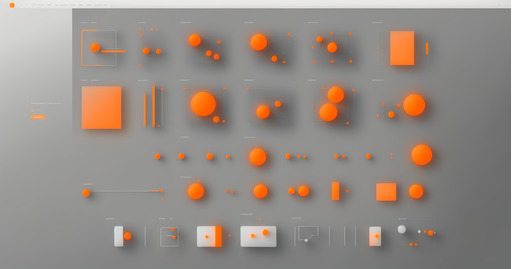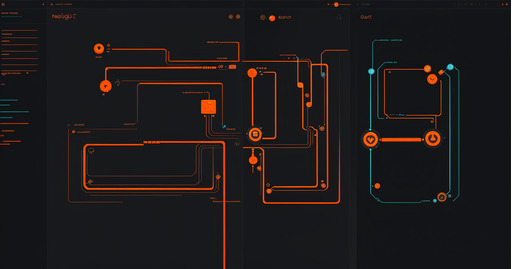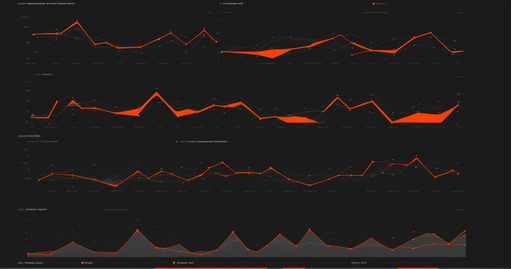Why Agencies and Freelancers Need a Modern CMS: Agencies and freelancers often manage content for multiple clients, each with unique branding, publishing schedules, and workflows. Traditional CMS platforms can be either too rigid or too technical for fast-paced creative teams. That is why a modern CMS must be flexible, easy to use, and scalable without requiring a developer on standby. Whether managing marketing pages, blog posts, or landing pages, professionals need a content system that adapts to their process and supports white-labeling. A well-designed CMS can free up creative energy, speed up delivery, and offer better results for clients without additional complexity.
No-Code Publishing and Drag-and-Drop Simplicity: One of the biggest advantages of modern CMS platforms is the ability to publish visually without writing code. For agencies that work with non-technical clients or freelancers who want to move fast, this is essential. Drag-and-drop editors, reusable content blocks, and visual styling tools make the process intuitive. Updates can be made in real time, with full control over layout, branding, and responsive behavior. These tools reduce the back-and-forth between designers and developers and allow anyone to publish professional-grade content within minutes. With no-code publishing, creative professionals can maintain agility and focus on storytelling rather than technical setup.
White-Label CMS for Client-Facing Delivery: White-labeling is a major asset for agencies offering content services to multiple clients. With a customizable CMS that allows you to brand the dashboard, URL, and emails with your client's identity, you can offer a seamless, professional experience. Clients feel like they are using a tailored system built just for them, while you manage everything on a single platform. This strengthens trust, supports client retention, and enhances perceived value. White-label CMS platforms also help agencies scale without needing to build or maintain multiple isolated systems. They offer efficiency without compromising customization.
Integrated Tools for SEO, Scheduling, and Media Management: A complete CMS toolkit does more than manage text. It includes built-in tools for SEO optimization, scheduled publishing, media galleries, and integrations with third-party platforms. These features are essential for freelancers and agencies running campaigns or managing multiple clients. For example, being able to preview how a page appears on Google, schedule blog posts for future release, or embed videos and image sliders without plugins adds massive value. Built-in analytics and collaboration tools also help teams and clients stay aligned. With everything centralized in one interface, your workflow becomes faster, smarter, and more scalable.
Collaboration, Permissions, and Workflow Management: Managing content for clients often involves multiple people, from writers and editors to clients and stakeholders. A CMS designed for agencies and freelancers needs robust collaboration tools. Role-based permissions ensure that the right people can view or edit content at the right stage. Workflow tools allow you to track progress, request approvals, and communicate changes—all within the CMS. This reduces dependency on external tools or manual coordination. When combined with content versioning and autosave, these capabilities help avoid errors and delays. Streamlined collaboration makes project delivery smoother and builds client confidence.




